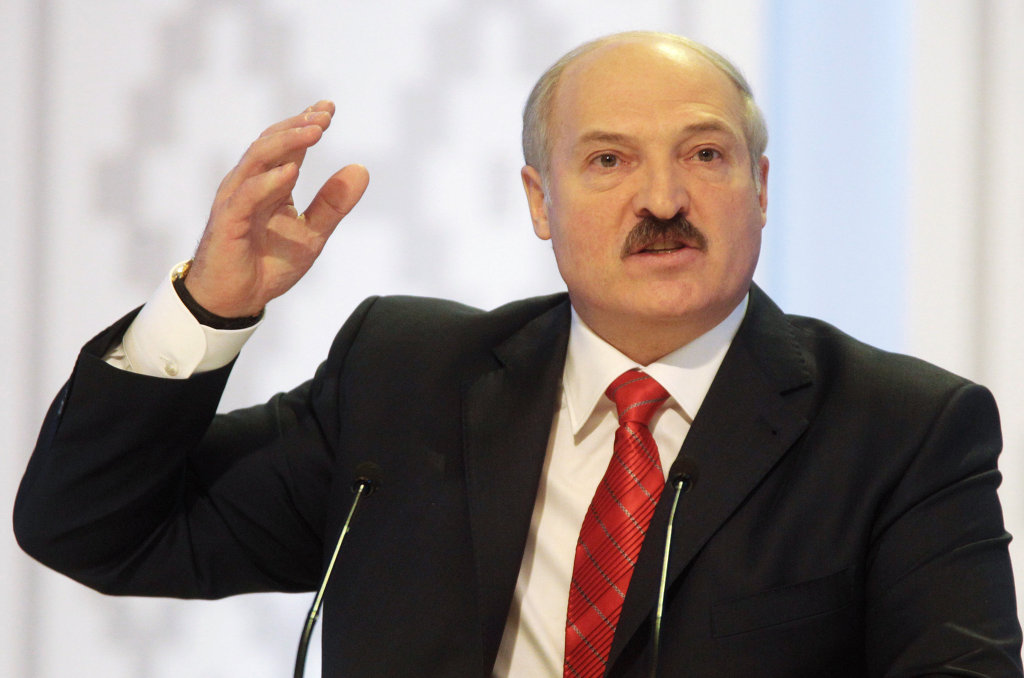Today, the National Bank of Belarus announced that it will implement an immediate 30% tax on purchases of foreign currency for individuals and legal entities.
The tax, which the bank describes as “temporary,” is a reaction to the dramatic fall in value of the ruble in neighboring Russia, on whose economy Belarus relies heavily.
“Given the increased demand for foreign currency in the domestic foreign exchange market decided the temporary introduction of a 30 per cent duty on purchase of foreign currency by legal entities and individuals,” an official press release states.
The sudden implementation of a tax of this magnitude will come as a shock to businesses and private consumers alike, with a series of other measures also being introduced with the aim of preserving the maximum amount of funds held as Belarusian rubles (BYR).
In addition to the 30% tax, from today an obligatory conversion of 50% of foreign currency earnings must be converted to BYR, the bank adds.
“The measures taken will increase the attractiveness of savings in Belarusian rubles, balance the foreign exchange market in terms of increased demand for foreign currency and prevent the growth of speculative sentiment,” the press release continues.
Interest rates on standing facilities have increased to 50% from 24%, dwarfing even those of the embattled Russian state, whose sudden rise to 17% did little to restore economic stability.
Meanwhile, Belarusian President Aleksandr Lukashenko has ordered trading with Russia to be conducted exclusively in dollars or euros, in order to decrease exposure to sudden exchange rate fluctuations. Prior to the decree, Russia paid Belarus mostly in rubles, while Belarus was required to pay Russia in dollars or euros.

“A task has been defined, which is to switch to dollars in trade with Russia, the way we pay for energy,” Radio Free Europe quotes Lukashenko during a cabinet meeting held Thursday.
Previously enjoying a close relationship as well as being founding members of Moscow’s Customs Union with Kazakhstan, Belarus has lately diverged from Russia’s line. A ban on food imports from Belarus by Moscow on health grounds caused Belarus to disregard Moscow’s similar ban on European Union products.
Nonetheless, actions such as these, which are closer to capital controls even than the activities of the Russian Central Bank, will no doubt force particularly larger investors to seek out alternatives as a matter of urgency. Belarus has had a docile Bitcoin economy, but as the currency provides a means of converting wealth to dollars or euros which bypasses the tax, that may well change sooner than anticipated. Such moves have already been witnessed in economies such as Argentina this year.
“The main victims of deflations are pensioners … and social class,” a Belarusian user commented on Reddit. “The bitcoin is a rare thing in our country, most of people haven't heard of it. …History has [taught] people to convert national currency [to] $ or Euro.”
Did you enjoy this article? You may also be interested in reading these ones:
- The Russian Ministry of Finance one step closer to banning Bitcoin
- ‘A Ban is Not the Way to Handle the Risks Cryptocurrencies Pose’ - Dr Victor Dostov, Russian Electronic Money Association
- ‘It is Impossible to Technically Ban Decentralized Cryptocurrencies Due to the Nature of the Internet’ – Evgeny Volovi
